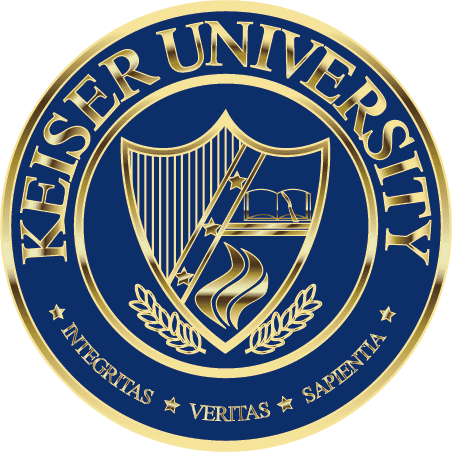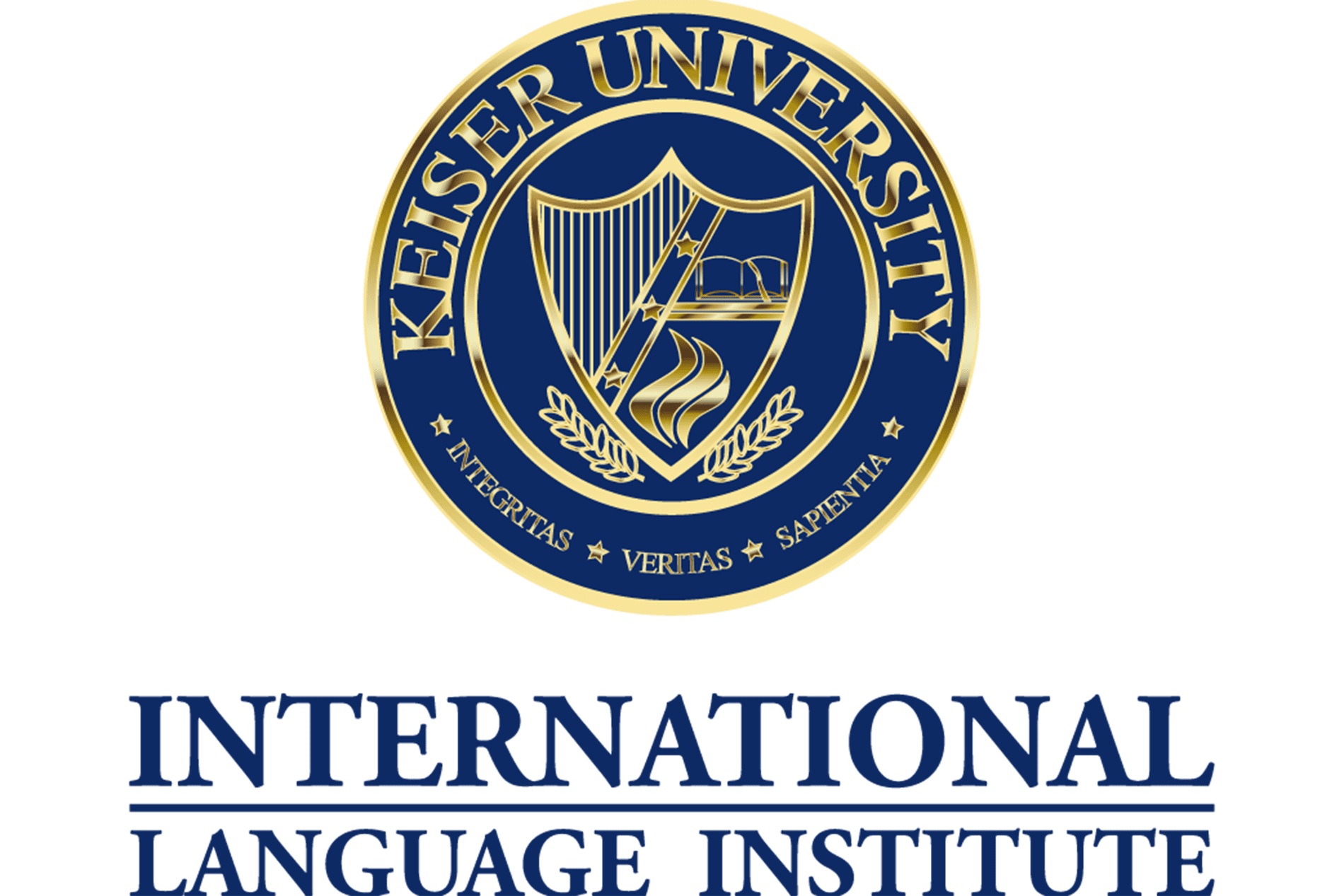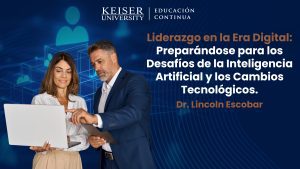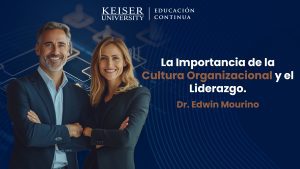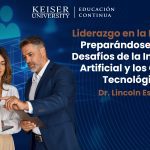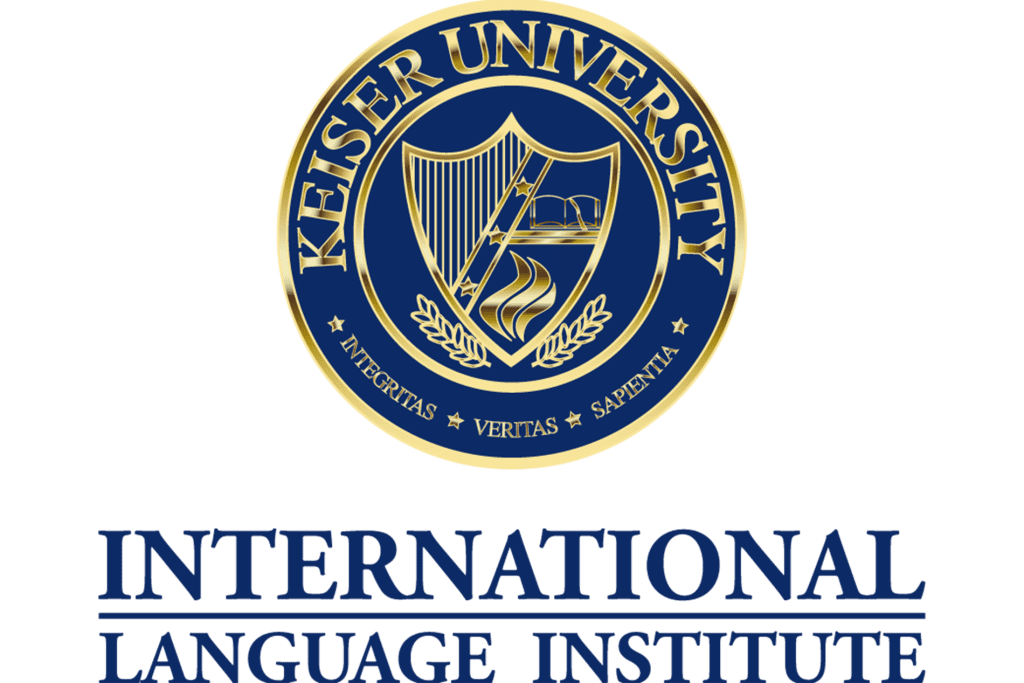We are citizens of a world where change is the only perceived constant. Change is observed in the following aspects: the increase of people obtaining academic degrees beyond a bachelor’s, employment opportunities are being taken by robotics and AI, and companies have access to world-wide talent. Change moves at an unexpected pace, and we must be ready to face it. Nowadays, a professional competitive advantage lies in the ability to learn beyond the basics and reinvent oneself. There is a perpetual need to learn new skills, acquire knowledge, and gain qualifications that are relevant in today’s technologically driven marketplace.
One of the skills a global citizen must master is computer or digital literacy, especially with academic purposes. According to the Open Online Database, nearly three million students are currently enrolled in fully online degree programs and six million are taking at least one online course as part of their degree program. It is clear that online education has become one of the most popular higher education alternatives. The continually improving reputation of online education has also helped fuel its expansion, as initial skepticism has faltered in the face of evidence that shows that online learning can be just as effective as face-to-face education.

Nearly three million students are currently enrolled in fully online degree programs and six million are taking at least one online course as part of their degree program.
Another important aspect of change is continuing education. This is required for professionals to stay current with the latest developments, skills, and new technologies required for their fields. Furthermore, certain professions also require continuing education to comply with laws, remain licensed or certified, or maintain membership in an association or licensing body. Overall, continuing education is considered a way for workers to keep abreast of their fields, provide career satisfaction, boost confidence, and lead to opportunities for career advancement.
Continuing education is offered in different formats, with many being flexible to accommodate work schedules. These programs can take place at colleges and universities, training centers, or at the workplace. Continuing education is often delivered as degree-completion programs, certificate programs, and diploma programs at colleges. With the growth in internet usage over the past decade, many universities are now offering professionals a range of convenient ways to access their courses. This can include attending Online Continuous Education webinars or e-learning classrooms.
If you have taken face-to-face classes all your life, being a little apprehensive at the beginning is normal, even if you are tech-savvy. However, the benefits of online education are countless. In such a competitive and time-starved world, online learning provides people – from recent graduates to mid-level professionals – with the tools to add value to their current skill set and broaden their horizons without the constraints of time or place. The Latin American Campus is home to one of the largest, nonprofit Online and Continuing Education programs in the Central American Region. Join thousands of students who have earned their degrees from Keiser University – either entirely online, or as an ideal mix of online and on-campus courses. Whether you are a new student or looking to transfer credits, we can help you map out a program to fit your busy life. We offer a large selection of U.S. accredited University courses, certificates, and degree programs, having as a priority your convenience. Quality Education has never been more accessible!


